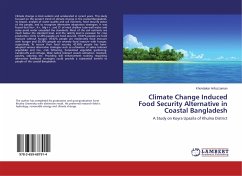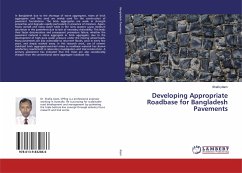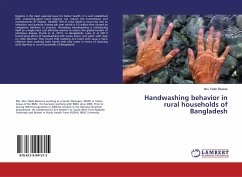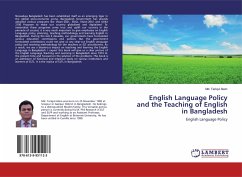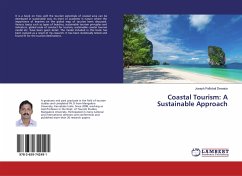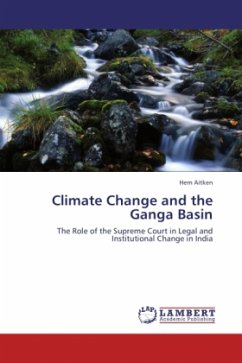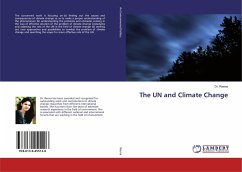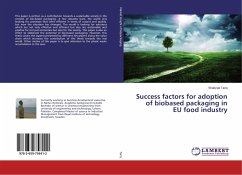Climate change is most evident and accelerated in recent years. This study focused on the present trend of climate change in the coastal Bangladesh, its impact, analysis of water quality and soil nutrients, food security status of the people, and to recognize alternative adaptation strategies. It was found that Na+, K+, Mg++, and Cl- of most shallow tube-well water and some pond water exceeded the standards. Most of the soil nutrients are much below the standard level, and the salinity level is excessive for crop production. Only 12.26% people are food secured, 19.81% people are food insecure without hunger, 39.62% people are moderately food insecure with hunger and 28.30% people are severely food insecure with hunger, respectively. To ensure their food security, 42.45% people has been adopted various alternative strategies such as cultivation of saline tolerant vegetables and rice, crab fattening, homestead vegetable gardening, handicrafts and cottage, Mele (saline tolerant weed) cultivation, livestock, poultry, tailoring etc. Providing skill enhancement training regarding alternative livelihood strategies could provide a substantial benefit to people of the coastal Bangladesh.
Bitte wählen Sie Ihr Anliegen aus.
Rechnungen
Retourenschein anfordern
Bestellstatus
Storno

